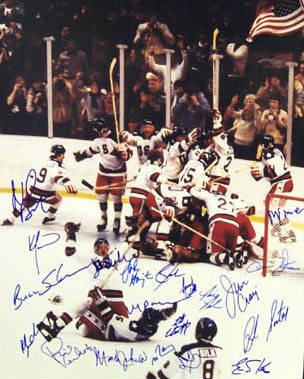AND IT SUMS IT UP FOR ME TO ACCEPT THE LIFE CHOSEN FOR ME-BECAUSE SURE AS SHIT, I DID NOT PICK THIS LIFE. BUT IT IS WHAT IT IS-AND I CAN'T ACCEPT IT YET. I STILL WAKE UP EVERY MORNING THINKING I'M GOING TO BE CURED OF THIS F%#KING DISEASE. SEE, NOW I'M ANGRY SO WITH THAT SAID, HERE IS THE QUOTE:
"We must let go of the life we have planned, so as to accept the one that is waiting for us."
Subscribe to:
Post Comments (Atom)





4 comments:
Hang in there, Drew. Life can be full and sweet...it really can. Praying for you to find that! Hugs and blessings, Claudia
http://www.medicalnewstoday.com/articles/89966.php
http://www.jsonline.com/story/index.aspx?id=641749
A great book to read "Victor Frankl's "Man's Search for Meaning" as a result of his emprisonment during Holocaust. A powerful excerpt of Frankl's differentiation of "liberty" and "freedom" -- hope it's uplifting to you. Google his name -- lots to be found. I came across the following striking passage about the psychologist Victor Frankl. I think it was just coincidence that Frankl got a mention in one of the comments on this, although having chanced upon this passage, maybe that made me really notice it.
Anyway, here it is:
Frankl was a determinist raised in the tradition of Freudian psychology, which postulates that whatever happens to you as a child shapes your character and personality and basically governs your whole life. The limits and parameters of your life are set, and, basically, you can't do much about it.
Frankl was also a psychiatrist and a Jew. He was imprisoned in the death camps of Nazi Germany, where he experienced things that were so repugnant to our sense of decency that we shudder to even repeat them.
His parents, his brother, and his wife died in the camps or were sent to the gas ovens. Except for his sister, his entire family perished. Frankl himself suffered torture and innumerable indignities, never knowing from one moment to the next if his path would lead to the ovens or if he would be among the "saved" who would remove the bodies or shovel out the ashes of those so fated.
One day, naked and alone in a small room, he began to become aware of what he later called "the last of the human freedoms" ? the freedom his Nazi captors could not take away. They could control his entire environment, they could do what they wanted to his body, but Victor Frankl himself was a self-aware being who could look as an observer at his very involvement. His basic identity was intact. He could decide within himself how all of this was going to affect him. Between what happened to him, or the stimulus, and his response to it, was his freedom or power to choose that response.
In the midst of his experiences, Frankl would project himself into different circumstances, such as lecturing to his students after his release from the death camps. He would describe himself in the classroom, in his mind's eye, and give his students the lessons he was learning during his very torture.
Through a series of such disciplines ? mental, emotional, and moral, principally using memory and imagination ? he exercised his small, embryonic freedom until it grew larger and larger, until he had more freedom than his Nazi captors. They had more liberty, more options to choose from in their environment; but he had more freedom, more internal power to exercise his options. He became an inspiration to those around him, even to some of the guards. He helped others find meaning in their suffering and dignity in their prison existence.
In the midst of the most degrading circumstances imaginable, Franki used the human endowment of self-awareness to discover a fundamental principle about the nature of man: Between stimulus and response, man has the freedom to choose.
Drew,
I'm sure this is all easier said than done. I know how you feel in the sense of waking up everyday thinking you are going to be cured. Your mind feels like the same old person, but your body has other plans...
Gina
Post a Comment